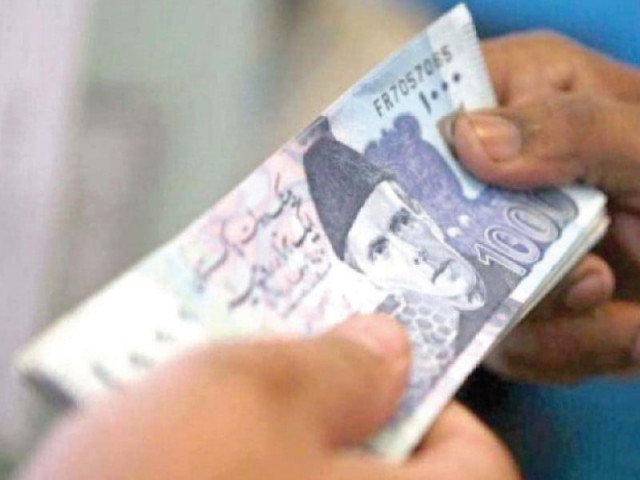Govt decides against TCP, PNSC sale
Cabinet committee declares TCP, PNSC and SMEDA as essential entities

The government on Monday decided against the privatisation of three more state-owned companies, including the Trading Corporation of Pakistan (TCP), which intervenes in commodities market but is buried under huge receivables of Rs287 billion.
Finance Minister Muhammad Aurangzeb presided over a meeting of the Cabinet Committee on State-owned Enterprises (CCoSOEs). It declared the TCP, Pakistan National Shipping Corporation (PNSC) and Small and Medium Enterprises Development Authority (Smeda) as essential entities, which would be kept under government's control.
However, functions of these entities can be performed by the private sector but the government decided not to cut expenditures by closing those firms.
The CCoSOEs discussed a summary of the Ministry of Commerce regarding plans to reinvigorate the TCP, according to a statement issued by the Ministry of Finance. It was decided that in view of the peculiar nature of the entity, the TCP may be categorised as an essential SOE under the SOEs Policy, 2023.
The finance ministry stated that it was further decided that a detailed financial plan should be prepared for the entity, which should settle its liabilities.
Pakistan had established the TCP in 1967 with monopoly rights over the trading of commodities. In the modern world, the TCP has lost its relevance but the government remains unable to wind it up.
The entity has in the past been used to procure wheat, sugar and urea to meet domestic market requirements – a function that private parties can perform with no cost to the exchequer. However, the finance minister could not take a decision to shut down the TCP, which is also not receiving the money borrowed from banks to procure commodities on behalf of the government.
Federal and provincial governments owed Rs287 billion to the TCP. Maximum receivables of Rs115 billion were against the National Fertiliser Marketing Limited (NFML), followed by Rs95.3 billion against the Utility Stores Corporation (USC).
The Ministry of Finance was also not timely paying subsidies to the TCP. The food ministry owed Rs2.5 billion on account of cotton subsidy. The Punjab Food Department has not cleared Rs15 billion worth of dues of the entity, which has outlived its life in a free market world.
A summary of the Finance Division regarding the appointment of two independent directors on the board of Export-Import (Exim) Bank of Pakistan was considered by the CCoSOEs. The committee approved the summary and appointed Ayesha Aziz and Imran Maqbool as independent directors on the Exim Bank board.
A summary of the Ministry of Industries and Production regarding the categorisation of Smeda was also discussed. Keeping in view the importance of Smeda for the facilitation of SMEs, it was categorised as an essential SOE in light of Para 11 of the SOEs Policy, said the finance ministry.
Smeda has also failed to effectively perform its functions and the country could not develop the SMEs, which are considered the backbone of economies growing sustainably.
The committee deliberated on a summary of the Ministry of Maritime Affairs regarding the appointment of independent directors in PNSC and recommended the appointment of proposed directors to the cabinet.
It approved the names of Sultan Chawla, Khalil Ahmad, Khawaja Shahzeb Akram, Arif Habib and Nadia Osman Jung for appointment as directors in PNSC. The committee approved the appointment of Sultan Chawla as chairman of the PNSC board.
It green-lighted a proposal of the Ministry of Maritime Affairs that called for declaring PNSC as a strategic asset. It was decided that the option of increased private shareholding in PNSC may be explored.
The Ministry of Maritime Affairs had initially opposed the proposal of retaining the PNSC on the ground that it had an aging shipping fleet and private investors could strengthen the fleet. PNSC is running some overage tankers and ships that have already outlived their lifespan.
The reconstitution of the board of trustees of Karachi Port Trust (KPT) was discussed based on a summary of the Ministry of Maritime Affairs. The committee approved the proposal of the ministry and recommended the same for approval to the cabinet.
The cabinet committee approved the appointment of Abdullah Zaki, Khawaja Muhammad Zubair and Fahimur Rehman Saigal on the KPT board. The board nomination committee had also proposed the name of Zakria Usman but Prime Minister Shehbaz Sharif rejected it.



















COMMENTS
Comments are moderated and generally will be posted if they are on-topic and not abusive.
For more information, please see our Comments FAQ